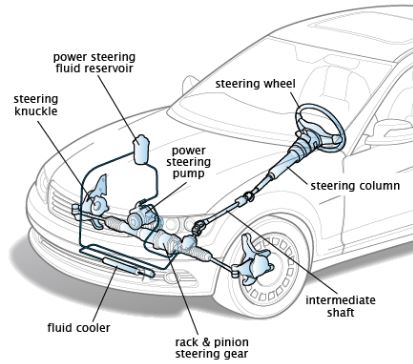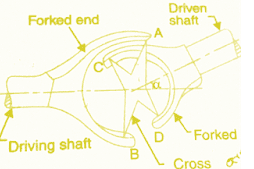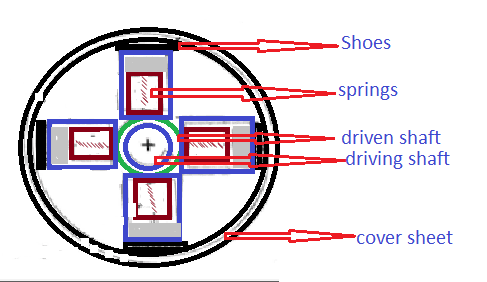What is thermodynamics?
Thermodynamics is the study of the relationship between heat, energy, and work.
What are the laws of thermodynamics?
The laws of thermodynamics are fundamental principles that govern energy and heat transfer. They include the zeroth, first, second, and third laws.
What is the zeroth law of thermodynamics?
The zeroth law states that if two systems are in thermal equilibrium with a third system, then they are also in equilibrium with each other.
What is specific heat capacity?
Specific heat capacity is the amount of heat energy required to raise the temperature of a unit mass of a substance by one degree Celsius or Kelvin.
What is an isolated system in thermodynamics?
An isolated system is a system that does not exchange either matter or energy with its surroundings.
What is entropy?
Entropy is a measure of the disorder or randomness of a system. It quantifies the spreading of energy and is related to the probability of different states.
What is the difference between an open and closed system in thermodynamics?
Entropy is a measure of the disorder or randomness of a system. It quantifies the spreading of energy and is related to the probability of different states.
What is the third law of thermodynamics?
The third law states that as the temperature approaches absolute zero, the entropy of a pure, perfect crystalline substance approaches zero.
What is the second law of thermodynamics?
The second law states that the total entropy of an isolated system always increases or remains constant in a spontaneous process.
What is a phase change?
A phase change is a transition of a substance from one state (solid, liquid, or gas) to another, such as melting, freezing, vaporization, condensation, or sublimation.
What is latent heat?
Latent heat is the heat energy absorbed or released during a phase change without a change in temperature.
What is the first law of thermodynamics?
The first law, also known as the law of energy conservation, states that energy cannot be created or destroyed but can only change forms or transfer between systems.
What is specific heat capacity?
Specific heat capacity is the amount of heat energy required to raise the temperature of a unit mass of a substance by one degree Celsius or Kelvin.
What is internal energy in thermodynamics?
Internal energy is the total energy contained within a system, including both its kinetic and potential energies.
What is the Carnot cycle?
The Carnot cycle is a theoretical thermodynamic cycle that consists of reversible isothermal and adiabatic processes and is used as a reference for analyzing the efficiency of heat engines.
What is the difference between heat and temperature?
Heat is a form of energy transfer, while temperature is a measure of the average kinetic energy of the particles in a substance.
What is a phase diagram?
A phase diagram is a graphical representation that shows the conditions of temperature and pressure under which different phases of a substance exist.
What is the difference between a refrigerator and a heat pump?
A refrigerator removes heat from a cold reservoir and transfers it to a hot reservoir, while a heat pump transfers heat from a cold reservoir to a hot reservoir.
What is the efficiency of a heat engine?
What is the efficiency of a heat engine? A: The efficiency of a heat engine is the ratio of the work output to the heat input, often expressed as a percentage.
What is a heat engine?
A heat engine is a device that converts thermal energy into mechanical work.
What is the ideal gas law?
The ideal gas law relates the pressure, volume, and temperature of an ideal gas and is expressed as PV = nRT, where P is pressure, V is volume, n is the number of moles, R is the gas constant, and T is the temperature.
What is a spontaneous process?
A spontaneous process is a process that occurs naturally without external intervention and moves toward a state of higher entropy.
What is a reversible process in thermodynamics?
A reversible process is one that can be reversed without leaving any trace on the system or its surroundings. It is an idealized concept used for analysis and calculations.
What is the difference between an isothermal and adiabatic process?
An isothermal process occurs at constant temperature, while an adiabatic process occurs without heat exchange with the surroundings.
What is the Joule-Thomson effect?
The Joule-Thomson effect describes the cooling or heating of a gas when it undergoes a throttling process without external work being done.
What is the difference between an ideal gas and a real gas?
An ideal gas follows the ideal gas law under all conditions, while a real gas deviates from the ideal gas law at high pressures or low temperatures due to intermolecular forces.
What is work in thermodynamics?
Work is the transfer of energy through mechanical means, such as the expansion or compression of a gas.


